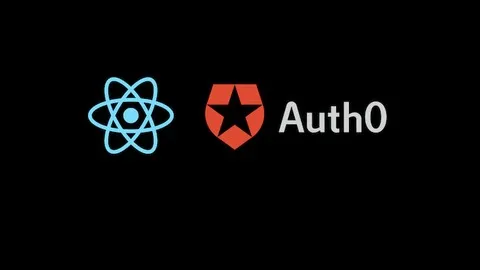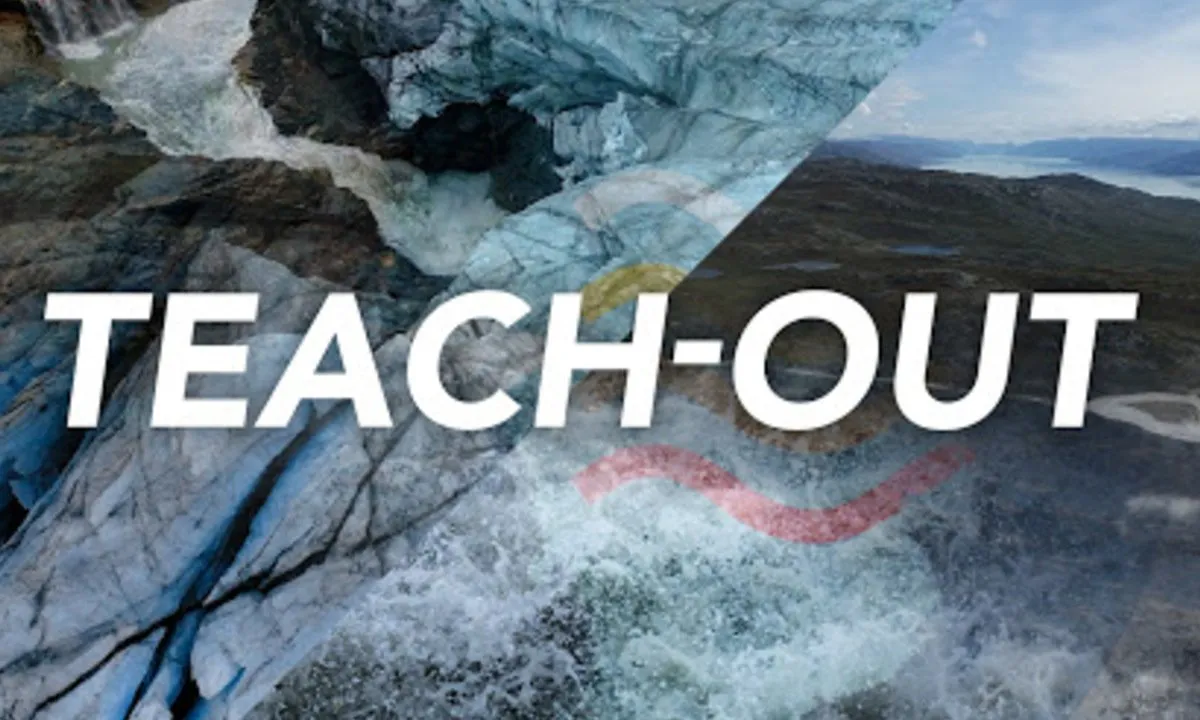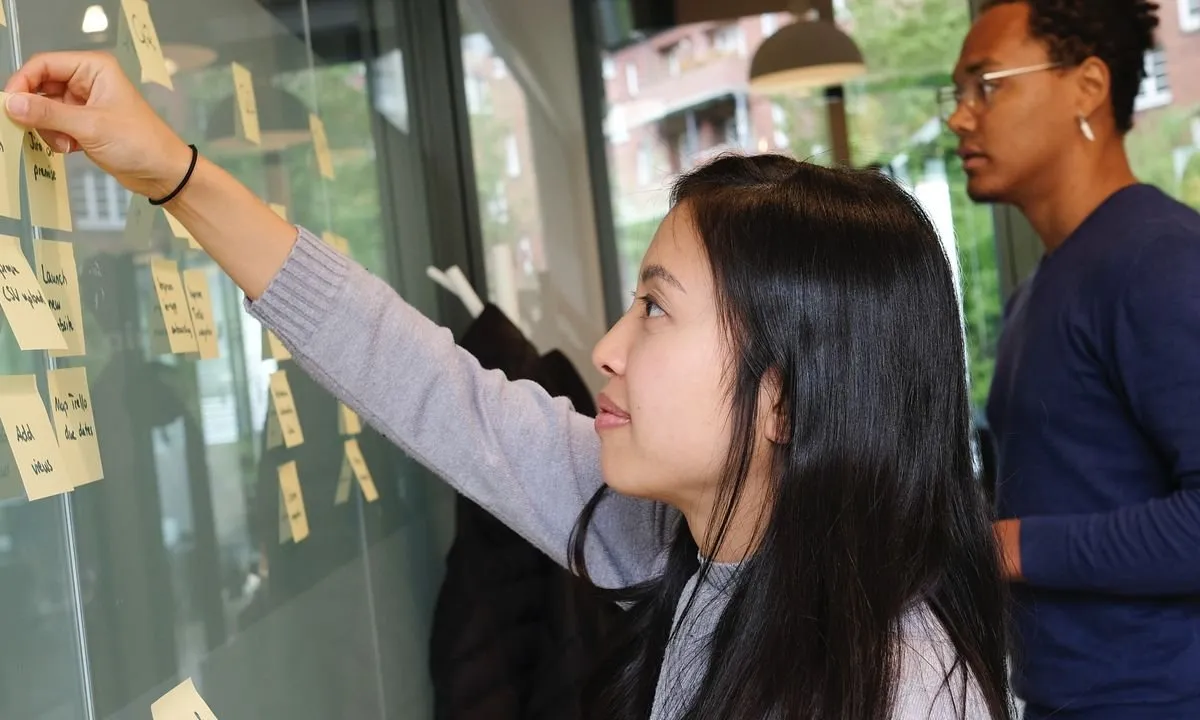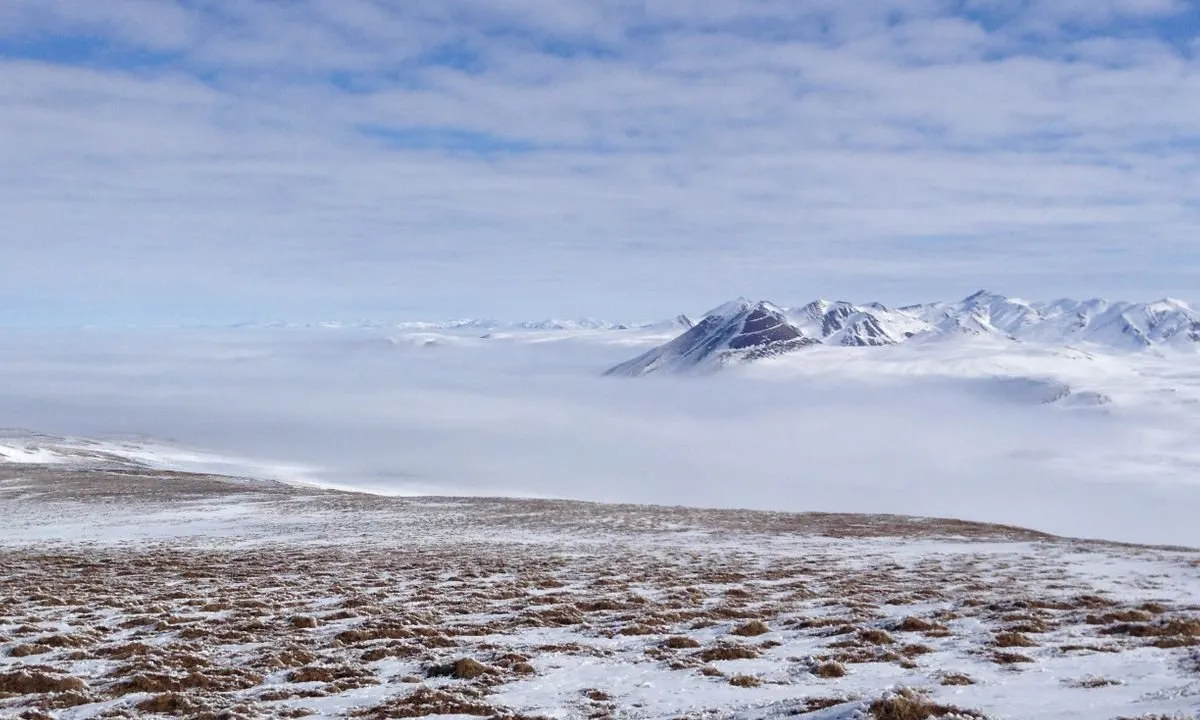
Global Inequalities and the Just Transition 
Discover the importance of a just transition in a zero-carbon future with the University of Warwick. Explore green technologies, rare earths elements, and the energy transition. Reflect on global inequality and your own responsibilities in the climate crisis. Join this four-week course and gain a deeper understanding of sustainability. ▼
ADVERTISEMENT
Course Feature
![]() Cost:
Cost:
Free
![]() Provider:
Provider:
Futurelearn
![]() Certificate:
Certificate:
Paid Certification
![]() Language:
Language:
English
![]() Start Date:
Start Date:
Self paced
Course Overview
❗The content presented here is sourced directly from Futurelearn platform. For comprehensive course details, including enrollment information, simply click on the 'Go to class' link on our website.
Updated in [June 30th, 2023]
This four-week course provides an opportunity to explore the concept of a just transition in a zero-carbon future. Participants will gain an understanding of green technologies, rare earths elements, and the energy transition. Through real-life case studies, they will discover the geopolitical significance of rare earths as a commodity and the issues surrounding this global commodity chain. The course will also provide an opportunity to reflect on global inequality and the responsibilities of individuals in the climate crisis. This course is designed for anyone interested in sustainable development and the move to carbon zero, and will be particularly useful for students and undergraduate students who want to aid their study of sustainability, carbon zero, and the climate crisis.
[Applications]
Upon completion of this course, participants will be able to apply their knowledge of green technologies, rare earths elements, and global inequality to their own lives and the wider world. They will be able to critically reflect on the implications of a zero-carbon future and the just transition, and understand the importance of a just transition in a zero-carbon future. Participants will also be able to use their understanding of the interconnectedness of issues of inequality to inform their own actions and decisions.
[Career Path]
One job position path that this course could lead to is a Sustainability Consultant. Sustainability Consultants are responsible for helping organizations identify and implement sustainable practices that reduce their environmental impact. They work with clients to develop strategies and plans to reduce their carbon footprint, increase energy efficiency, and reduce waste. They also advise on the best ways to use renewable energy sources and develop sustainable supply chains. Additionally, Sustainability Consultants often provide training and education to staff and stakeholders on sustainability topics.
The development trend for Sustainability Consultants is very positive. As organizations become increasingly aware of their environmental impact, the demand for Sustainability Consultants is expected to grow. Additionally, as governments and organizations set more ambitious sustainability goals, the need for Sustainability Consultants to help them achieve these goals will also increase. Furthermore, as the world moves towards a zero-carbon future, Sustainability Consultants will be in high demand to help organizations transition to a more sustainable future.
[Education Path]
The recommended educational path for learners of this course is a Bachelor's degree in Sustainable Development. This degree will provide students with a comprehensive understanding of the principles of sustainable development, including the environmental, economic, and social aspects. Students will learn about the global challenges of climate change, resource depletion, and poverty, and how to develop solutions to these issues. They will also gain an understanding of the importance of a just transition in a zero-carbon future. The degree will also cover topics such as renewable energy, green technology, and the energy transition. Students will also learn about the geopolitical significance of rare earths and the issues surrounding the global commodity chain.
The development trend of this degree is to focus on the practical application of sustainable development principles. This includes the development of skills such as project management, data analysis, and communication. Students will also be encouraged to develop their understanding of the ethical implications of sustainable development and the importance of social justice. Additionally, the degree will focus on the development of critical thinking skills to enable students to identify and evaluate solutions to global challenges.
Course Syllabus
Technology, Climate Change and You
Welcome to the course. Let's begin!Rare Earth Elements, Geopolitics and China
What do you think about green technologies?Local Experiences of REEs Extraction: A Case Study from Northern Myanmar
What is an Energy Transition?Responsibilities and Solutions: Reflections on a Just Transition
Technology and Energy TransitionCourse Provider

Provider Futurelearn's Stats at AZClass
Discussion and Reviews
0.0 (Based on 0 reviews)
Explore Similar Online Courses

Secure Your ReactJs Applications With Auth0

Dealing with Power and Dynamics: Discover Your Leadership Style and Influence Stakeholders

Python for Informatics: Exploring Information

Social Network Analysis

Introduction to Systematic Review and Meta-Analysis

The Analytics Edge

DCO042 - Python For Informatics

Causal Diagrams: Draw Your Assumptions Before Your Conclusions

Whole genome sequencing of bacterial genomes - tools and applications

Melting Ice Rising Seas Teach-Out

Planning with Climate Change in Mind


Start your review of Global Inequalities and the Just Transition